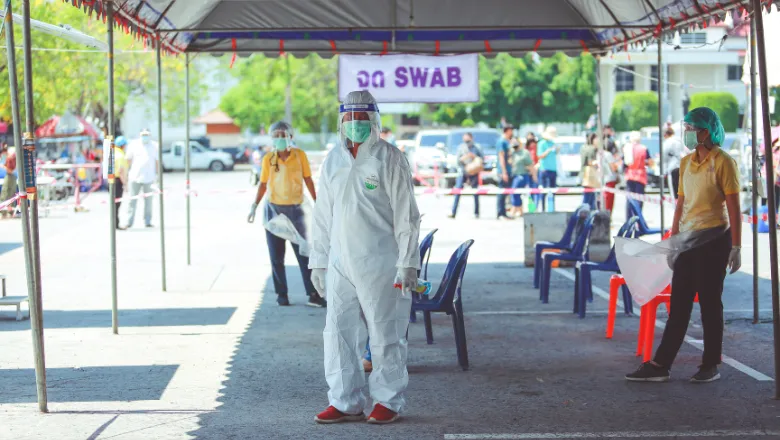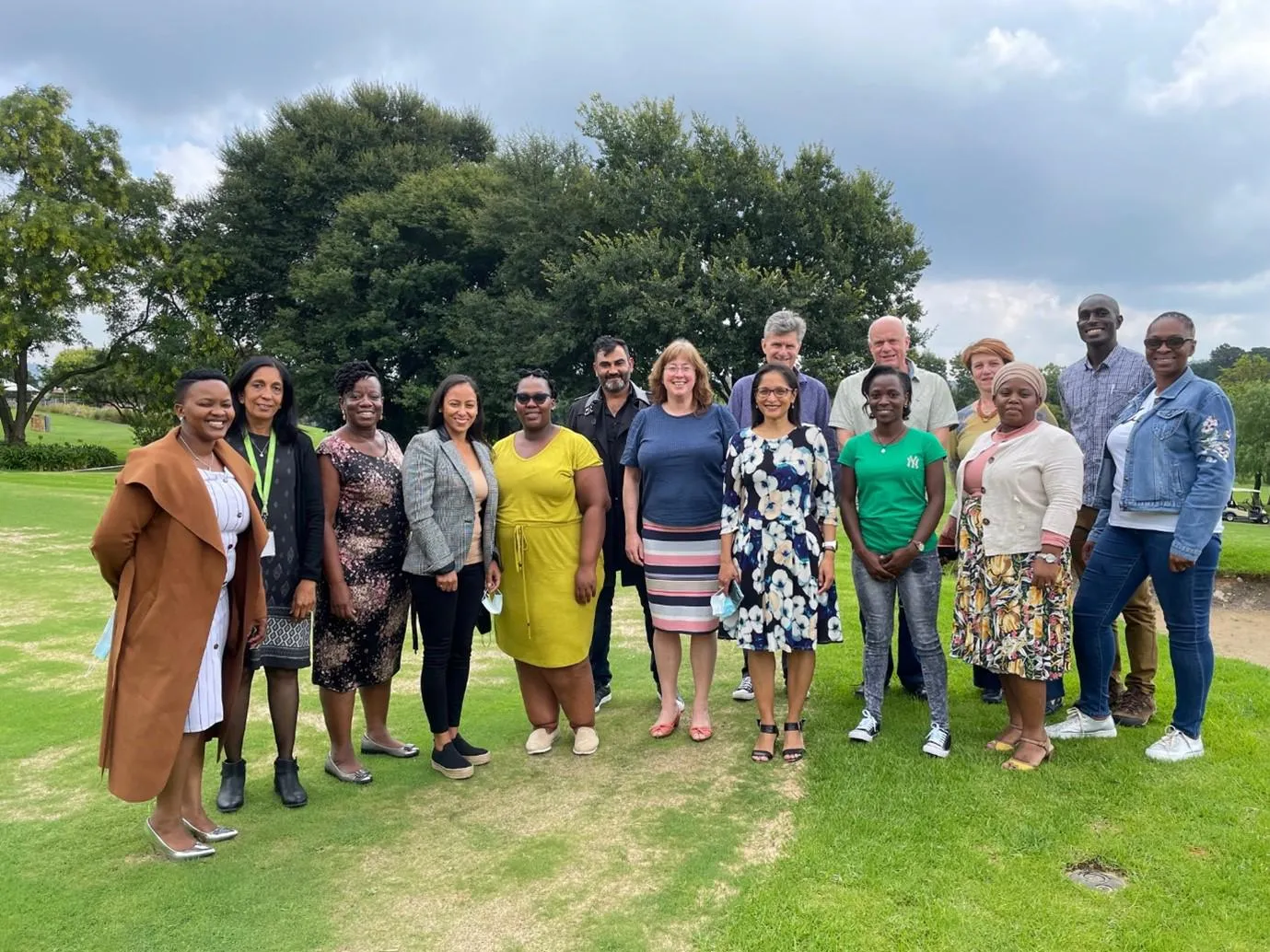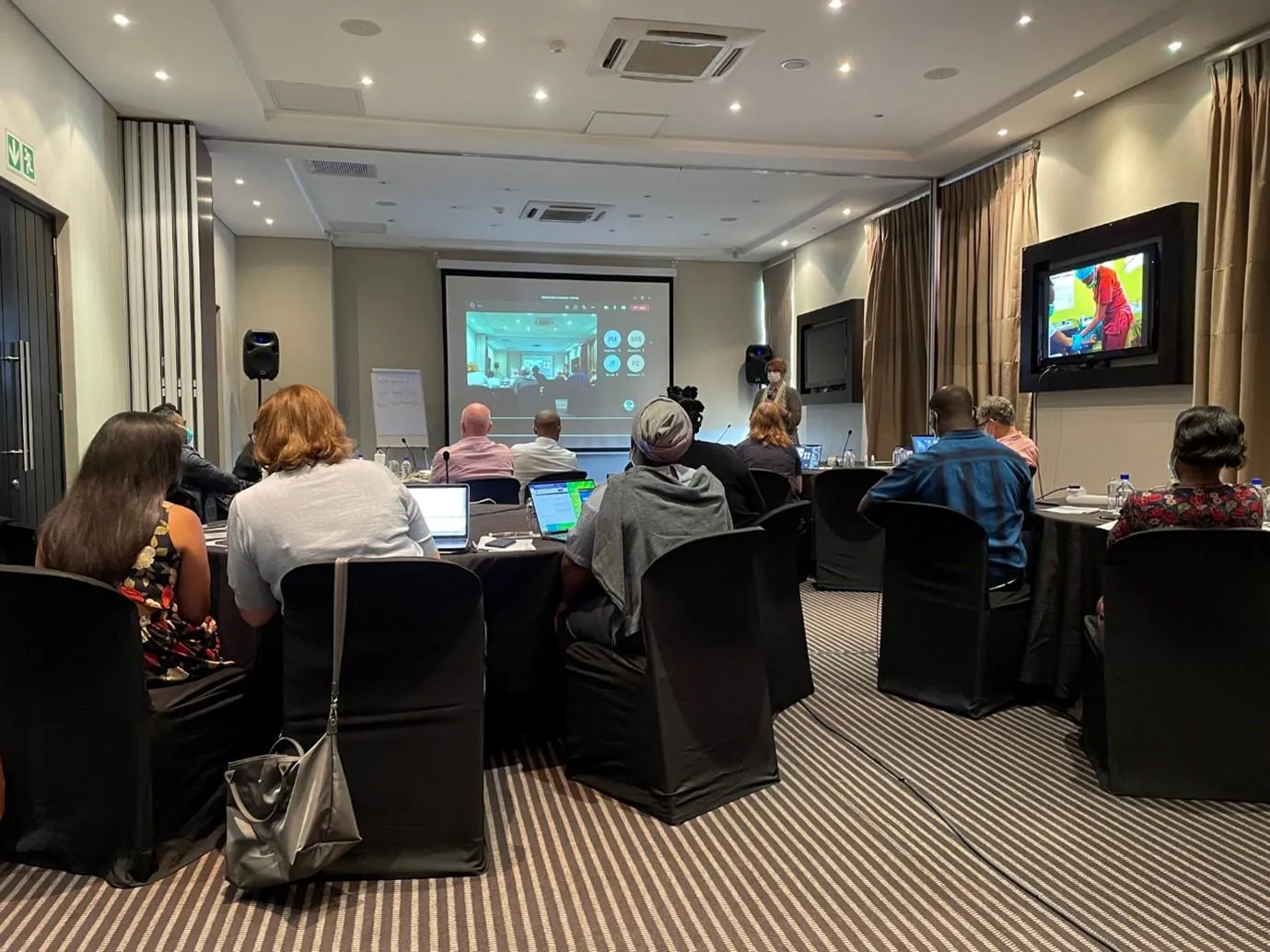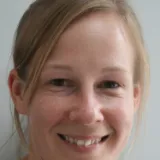COVAB has provided new exciting, new collaborations between the UK, South Africa and Uganda facilitating global research in SARS-COV-2, HIV and other infections.”
Dr Julie Fox
21 October 2022
King's study provides vital information to guide COVID-19 vaccine development
The researchers examined antibodies from people who had recovered from COVID-19 in multiple countries.

As COVID-19 infections spread globally, it was unclear what the effect of a prior coronavirus infection might have on boosting or weakening protection against subsequent infections and disease severity.
King’s researchers quickly realised that antibodies collected from people in different countries who have recovered from COVID-19 could offer information to enable the development of new vaccines and treatments, which are needed to respond to emerging viral variants.
Already collaborating with a group of UK, European and African scientists on HIV research when the pandemic took hold, Dr Julie Fox and her team saw an opportunity to pivot to SARS-CoV-2 and utilise their pre-existing research networks. The resulting COVAB study set out to collect and disseminate information on COVID-19 infection in three parts.
First, the researchers compared antibody responses between people in the UK and Uganda. Secondly, in South Africa, they developed an ex vivo challenge model in which nasal and oral tissue that were being removed as part of a routinely indicated operation were experimented on. The researchers attempted to infect these tissues with coronavirus. Finally, in South Africa and Uganda, COVAB provided guidance on how to communicate public health messages around COVID-19 research and vaccines for hard-hit communities.
These three programmes enabled COVAB researchers to share information to guide vaccine development, to transfer skills and strengthen collaborations with Ugandan, South African and European researchers.

To date, COVAB has produced eight publications in peer reviewed journals and its results have been presented at international conferences. By registering the poor immunogenicity of the first vaccine (Pfizer-BioNTech) dose in patients with immunosuppression (for example, those with cancer), and the significant improvement after boosting at 3-weeks, the COVAB team was able to provide guidance for UK vaccination policy.
Additionally, through monitoring viral neutralisation capabilities of sera collected from recovering individuals, vaccinees, and people with breakthrough infections, and together with collaborators within the Genotype-to-Phenotype (G2P-UK) consortium, COVAB scientists were able to provide advice to the UK-Health Security Agency’s Horizon Scanning Group, the World Health Organisation Virus Evolution Technical Advisory Group and the UK Government’s Scientific Advisory Group of Experts on COVID-19 (SAGE) regarding the predicted risks posed by circulating Variants of Concern (VOCs).
The COVAB study has developed important laboratory tools, approaches and data analytics to enable rapid triage of new vaccines and therapies in relevant experimental models, thus contributing to greater pandemic readiness.”
Professor Bavesh Kana, University of the Witwatersrand, South Africa

The COVAB team is now comparing antibody evolution between people infected in the UK and Uganda, while also evaluating the role of pre-existing coronaviruses in preventing infection or reducing the risk of death when infection occurs.



